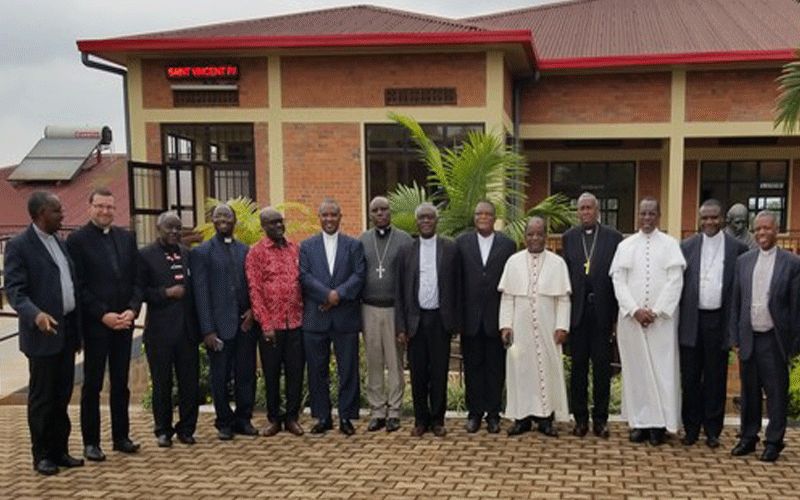Bukavu, 21 January, 2020 / 2:35 am (ACI Africa).
The Bishops at the helm of the Association of Episcopal Conferences of Central Africa (ACEAC) that brings together heads of dioceses in Burundi, the Democratic Republic of Congo (DRC) and Rwanda have, in their Ordinary session, reaffirmed their commitment to working for peace in their region faced with insecurity and political instability.
“Following Christ, the Prince of Peace, we the Bishops consider ourselves to be the first witnesses and artisans of peace. We thus renew the commitment made in 2013 to work with other religious denominations to establish lasting peace in the sub-region through the witness of life, actions and words,” reads in part the communique of the members of ACEAC’s Standing Committee at end of their ordinary session held at the Amani Spiritual Centre in Bukavu, DRC, availed to ACI Africa.
The collective statement indicates that the Bishops intent “to publish, in the coming months, their vision of peace and the related pastoral programme for the conversion of hearts and social cohesion in the sub-region.”
The Prelates who concluded their four-day meeting Saturday, January 18 expressed concern over the social welfare of the population in their respective countries saying, “The social situation remains worrying, first of all in view of the persistent insecurity in certain areas, particularly on the borders of our three countries.”
Hundreds of thousands of refugees have fled Burundi for neighboring countries since April 2015, and that this is due to the violence and unrest which erupted in the country after an announcement by the President of Burundi that he would seek a third term in office, refworld has reported.








